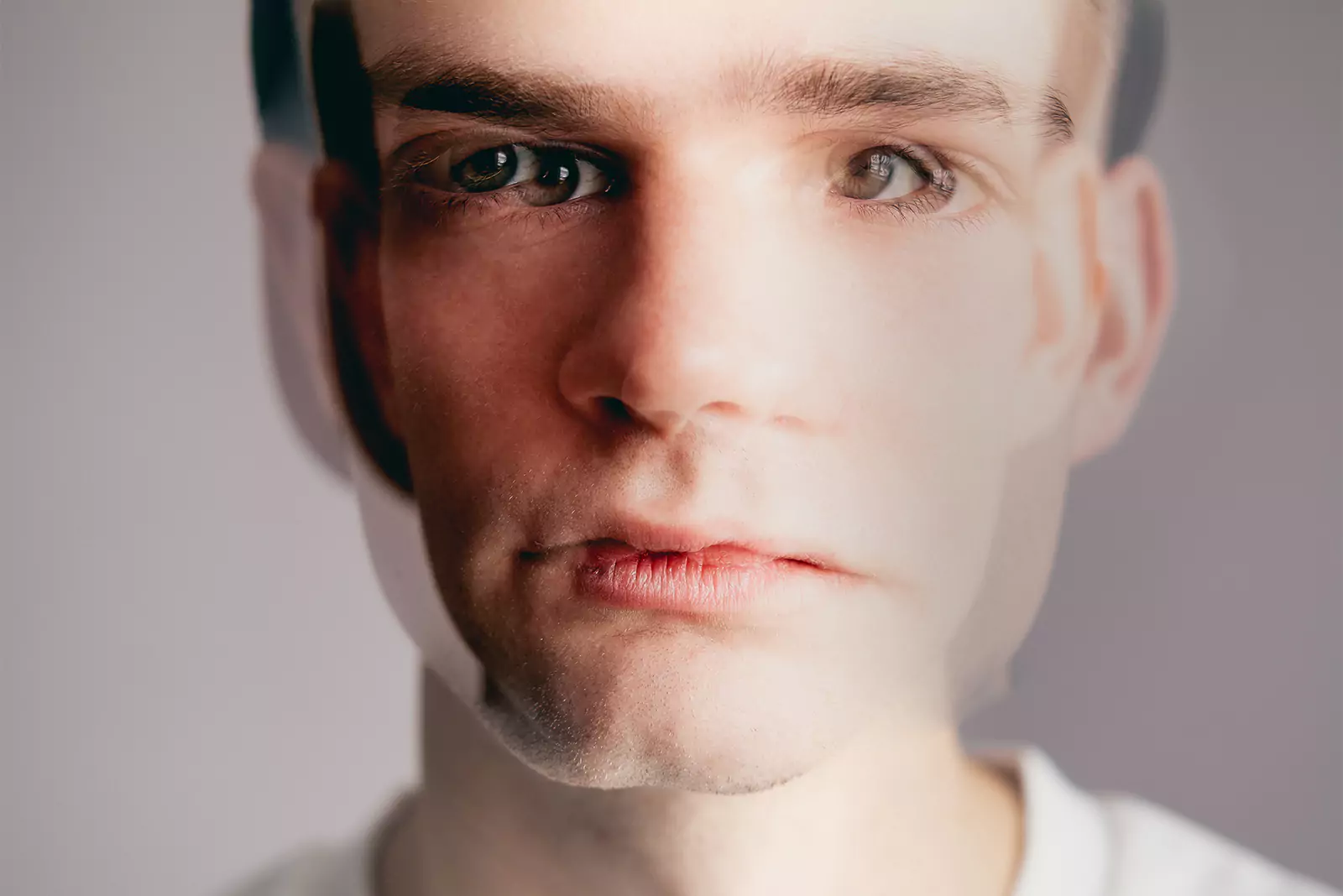
Regain Emotional Stability With Expert Mania Treatment and Holistic Mental Health Support
Mania is a mental health condition that causes individuals to experience an extreme elevation in mood, energy, and activity levels. It can lead to impulsive decisions, erratic behavior, emotional instability, and disrupted relationships. Left untreated, mania can escalate into dangerous situations, financial or legal trouble, and long-term psychological distress.
At Calida Rehab, we provide expert-led, evidence-based mania treatment in a safe, calm, and supportive environment. With fully equipped centers in Pune, Mumbai, and Karjat, we offer holistic recovery plans tailored to the unique needs of each patient. Whether you are experiencing a manic episode for the first time or managing Bipolar Disorder, our team will guide you toward emotional regulation, long-term wellness, and peace of mind.
What Is Mania?
Mania is a state of abnormally elevated mood and high energy. It often occurs as part of Bipolar I Disorder but can also result from medical conditions, substance use, or certain medications. Mania is more intense and prolonged than general high spirits or enthusiasm.
Key Symptoms of Mania:
-
Inflated self-esteem or grandiosity
-
Decreased need for sleep (e.g., feeling rested after 2–3 hours)
-
Racing thoughts or flight of ideas
-
Excessive talking or pressured speech
-
Distractibility
-
Engaging in risky behaviors (e.g., spending sprees, impulsive sex, reckless driving)
-
Irritability or agitation
-
Impaired judgment or unrealistic plans
When mania becomes severe, it can lead to psychotic symptoms such as hallucinations or delusions, requiring urgent psychiatric care.
Causes and Risk Factors
Mania can have various underlying causes, including:
-
Bipolar Disorder (Type I): The most common cause of manic episodes
-
Sleep deprivation or extreme stress
-
Neurological conditions (e.g., multiple sclerosis, brain injury)
-
Medication side effects or interactions (e.g., steroids or antidepressants)
-
Substance use: Especially stimulants like cocaine or amphetamines
-
Genetic predisposition: Family history of mood disorders
At Calida Rehab, we conduct a thorough psychiatric and medical evaluation to pinpoint the cause of mania and design a personalized treatment plan.
Our Comprehensive Approach to Mania Treatment
Treating mania involves a combination of medical stabilization, psychotherapy, behavioral interventions, and family support. Calida Rehab offers an integrated care plan in a peaceful and secure environment.
Each patient receives an in-depth diagnostic evaluation by our team of psychiatrists and clinical psychologists. This includes:
-
Mental status examination
-
Psychiatric history and family background
-
Screening for Bipolar Disorder and psychosis
-
Substance use evaluation
Severe mania may require inpatient monitoring and stabilization. We offer:
-
24/7 medical supervision
-
Safety protocols for impulsive or aggressive behavior
-
Sedation (if needed) in controlled medical environments
-
Intravenous fluids, nutrition, and rest regulation
Mood-stabilizing medications are key to managing mania. These may include:
-
Lithium: A first-line treatment to stabilize mood
-
Antipsychotics: Such as Olanzapine, Risperidone, or Quetiapine to control agitation and psychosis
-
Anticonvulsants: Such as Valproate or Lamotrigine as mood stabilizers
-
Continuous monitoring of side effects and dosage adjustments
Once stabilized, patients engage in therapy to prevent future episodes and rebuild emotional insight:
Cognitive Behavioral Therapy (CBT):
-
Identify manic triggers and high-risk thoughts
-
Build self-awareness and self-monitoring tools
Insight-Oriented Therapy:
-
Explore self-image, impulse control, and emotional regulation
Interpersonal and Social Rhythm Therapy (IPSRT):
-
Reinforce daily routines (sleep, meals, activity)
-
Reduce disruptions that contribute to mood swings
Mania affects families deeply. We offer structured sessions to:
-
Educate families on signs and symptoms
-
Help them set healthy boundaries
-
Promote involvement without enabling harmful behavior
-
Rebuild trust and improve home dynamics
We support long-term emotional stability by:
-
Teaching early warning signs and symptom tracking
-
Developing daily structure and medication routines
-
Offering outpatient follow-up and telehealth sessions
-
Connecting with community support or peer groups
Holistic Therapies to Support Recovery
Mania recovery also involves calming the body and nervous system. Calida Rehab incorporates:
-
Yoga and Mindfulness Meditation for grounding and focus
-
Breathwork and Relaxation Training to reduce arousal
-
Art and Music Therapy for self-expression and mood regulation
-
Nutritional Counseling for brain and body health
-
Aroma Therapy and Nature Walks for sensory regulation
Our Facilities in Pune, Mumbai, and Karjat
All Calida Rehab centers provide:
-
Private and shared accommodations
-
Quiet zones and wellness rooms
-
24/7 trained medical and psychiatric staff
-
Gender-specific care wards
-
Healthy meals, hydration, and structured routines
-
Recreational and therapeutic activity spaces
Why Choose Calida Rehab for Mania Treatment?
-
Specialized Team: Psychiatrists, psychologists, nurses, and wellness experts with deep expertise in mood disorders
-
Secure, Supportive Setting: Designed to manage high-risk psychiatric cases safely
-
Full Continuum of Care: From inpatient crisis stabilization to outpatient maintenance
-
Customized Recovery Plans: Based on diagnosis, triggers, and emotional history
-
Holistic Wellness Programs: To address body-mind integration and stress resilience
Begin Your Recovery With Confidence
Heroin may have taken a toll on your life—but healing is possible. At Calida Rehab, we offer compassionate, structured, and medically safe treatment to help you break free and rebuild your future.
Frequently Asked Questions – FAQs
Often, yes—but not always. Mania can also result from medication, substances, or medical issues. A thorough diagnosis is essential.
Mild to moderate mania may be treated on an outpatient basis. However, severe or psychotic episodes usually require inpatient care for safety and stabilization.
Acute stabilization may take 1–3 weeks, followed by 30–90 days of therapy and aftercare support.
Some individuals may require long-term mood stabilizers, especially if diagnosed with Bipolar Disorder. This is managed carefully by psychiatrists.
Absolutely. With the right treatment, routine, and support, many individuals manage their condition successfully and lead fulfilling lives.